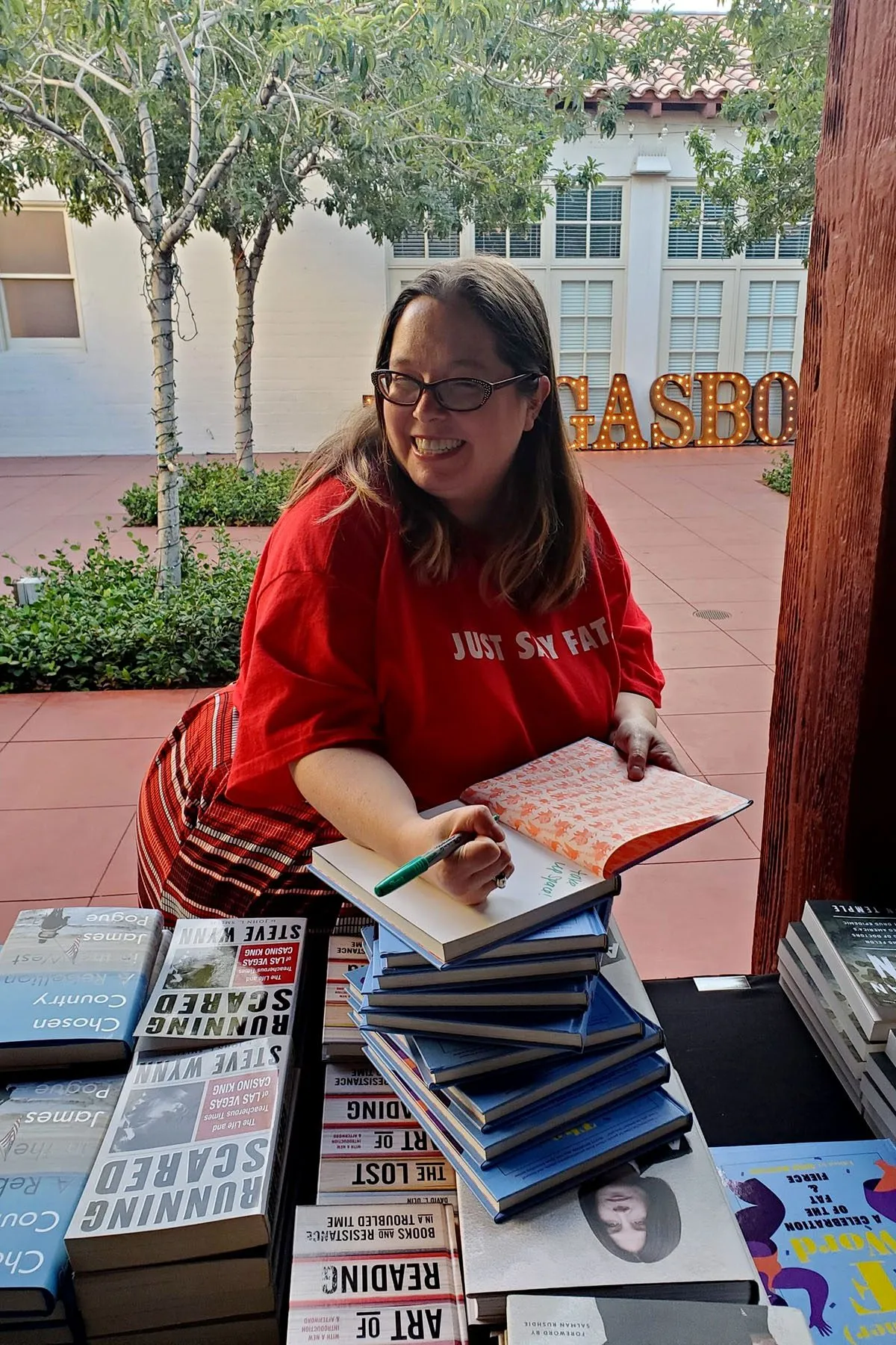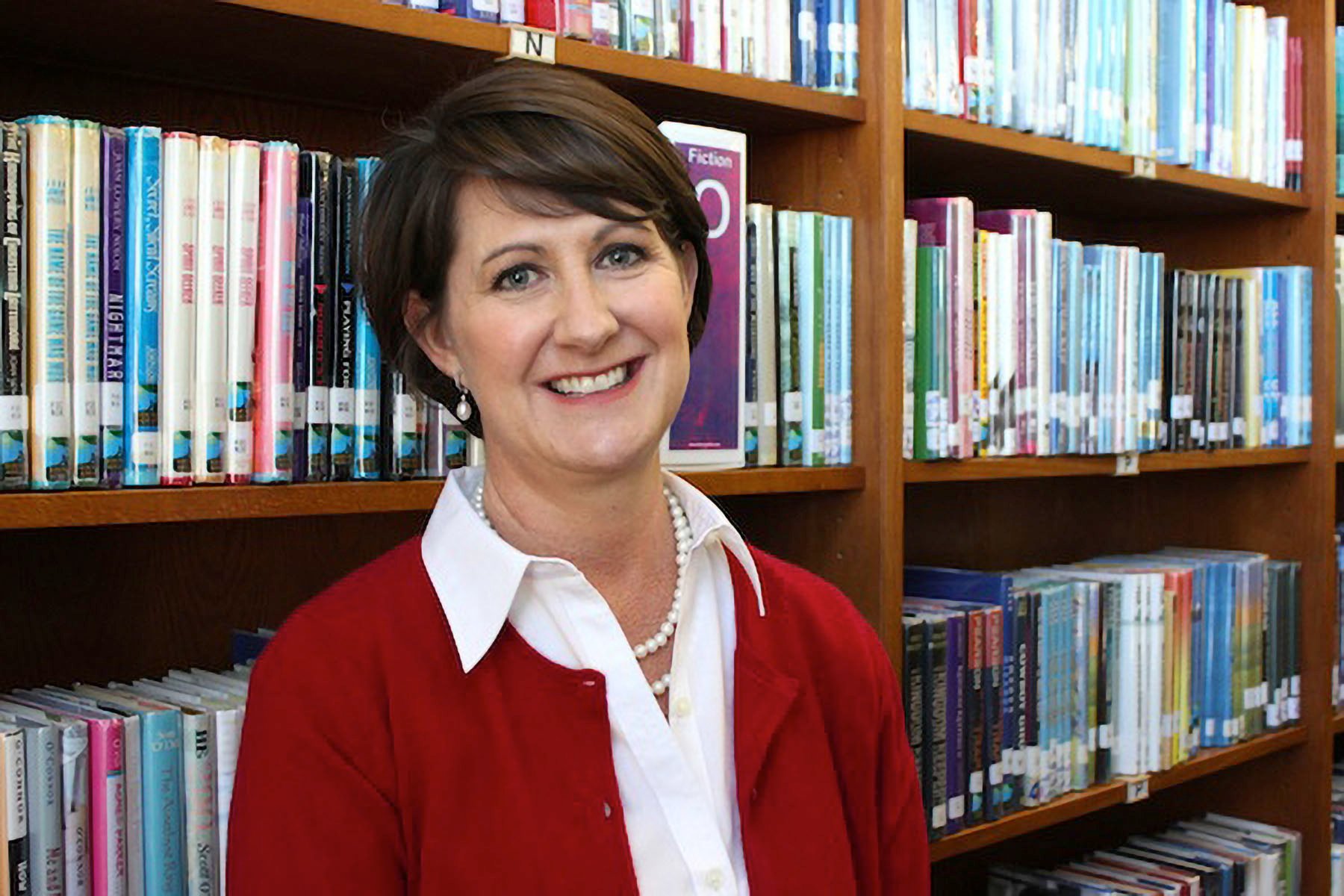Originally published by The 19th
“Gender Queer.” “Sex Is a Funny Word.” “The Hate U Give.”
These are just a few of the hundreds of books targeted for banning amid a revived movement to limit students’ access to literature about race, sex and gender and to challenge curricula that broach these topics. In October, the American Library Association’s (ALA) Office for Intellectual Freedom announced that it recorded 60 percent more challenges to books in September 2021 than it had recorded during the same month last year.
Across the country — from Florida to California — efforts to censor books and give parents more say in what their kids read have intensified. The discussion has shown up in political campaigns, as in Republican Glenn Youngkin’s campaign ad in Virginia featuring a mother who objected to her son reading Toni Morrison’s “Beloved.” Texas politicians, including Gov. Greg Abbott and state Rep. Matt Krause, plan to monitor school book collections. And in Wyoming and Washington, community members have demanded that library and school personnel be prosecuted for exposing youth to “obscene” literature.
As books for youth are increasingly scrutinized, some librarians are resisting. They’re ignoring lawmakers’ requests to compile lists of books in their libraries that touch on race, gender, and sexuality issues. They’re defending their book collection policies in the wake of legal threats, and, in some cases, they’re resigning in protest. Libraries stock a wide range of books to meet the needs of diverse readers, librarians say, and young people need to see their experiences represented in literature — all the more so if they belong to groups that have been historically overlooked in publishing.
Angie Manfredi, who has been a librarian since 2007, said that the larger implication of the book banning movement is that some individuals want all books about African-American and LGBTQ+ people removed. They don’t want their children to learn about the experiences of underrepresented groups, including their struggles for equality, she said.
The movement’s goal is to “get people scared…that their kids are reading books that say queer people have a right to exist,” Manfredi said. “People need to understand it’s not ‘How to Be an Anti-Racist,’” she continued, referring to the bestseller by Ibram X. Kendi. “It’s Black people exist. It’s not ‘This Book Is Gay’ by Juno Dawson. It’s gay people exist.”
Deborah Caldwell-Stone, director of the ALA’s Office for Intellectual Freedom, said the backlash against many of these books is part of a “cynical campaign” by groups who object to civil liberties for LGBTQ+ people. They’ve characterized all books related to the LGBTQ+ experience as inappropriate for minors, which she calls a “total misrepresentation.”
“Book censorship has been with us for decades,” she added. In fact, some of the books that schools districts have recently banned, such as Margaret Atwood’s “The Handmaid’s Tale,” have faced censorship for many years. First published in 1985, the novel explores women’s rights, sexuality, and sexual assault in a dystopian society.
“We can go back to the efforts in the 1950s under McCarthy to erase anything to do with socialism or communism from our society,” Caldwell-Stone said. “In the 1990s, there was a real effort by some groups to get rid of what they called secular humanism in public schools and public libraries. And now we’re seeing a rising effort to erase materials dealing with the Black American experience or the experiences of transgender people.”

Manfredi left her librarian job in Iowa in August, fearful that she could no longer say that race and gender bias exist while working in a state that banned critical race theory, an academic framework that posits that racism isn’t just about personal prejudice but about institutions and policies. It also prohibits trainings in state institutions that oppose the concept of colorblindness, or that people “should not attempt to treat others without respect to race or sex.”
Manfredi said the law, which went into effect July 1, would’ve prevented her from performing her job adequately, as she trained other librarians in her role at the State Library of Iowa. Implicit bias and racism in publishing often came up during these sessions, she said.
“In a training about storytime, I have to be able to say, ‘The statistics tell us that more books every year for children are published about trucks and cartoon animals than about Native Americans, and we need to look at why that is and what we can do as librarians to change that dynamic,’” Manfredi said. “‘So, I’m going to tell you about some books to share in storytime that aren’t about trucks and that can help you get over your implicit bias.’”
Now that she has left the State Library of Iowa, Manfredi is preparing to serve as a substitute school librarian in New Mexico. But she’s also encouraging fellow librarians to take steps to defend their book collections in a political climate that’s seen Iowa school board candidates vow to expose students who check out LGBTQ+-related books.
She advises librarians to become deeply familiar with the books in their collections, develop a detailed plan for responding to complaints and memorize their collection development policies. These policies are the foundation for how libraries select, collect and maintain their books; they also include protocols for responding to concerns about books.
In Texas, librarians are already taking these steps as policymakers and parents stoke outrage about children reading books related to gender, sexuality and race.
Pointing to books by LGBTQ+ authors such as “Gender Queer” by Maia Kobabe and “In the Dream House” by Carmen Maria Machado, Gov. Greg Abbott last week instructed the Texas Education Agency, Texas State Library and Archives Commission, and State Board of Education to devise guidelines to prevent children from accessing “overtly sexual” literature in schools. The move follows state Rep. Matt Krause’s October 25 letter to the Texas Education Agency and select superintendents asking whether schools have copies of 850 books that he explained “might make students feel discomfort, guilt, anguish, or any other form of psychological distress because of their race or sex.” A Dallas Morning News analysis of the list found that 97 of the first 100 books Krause targeted were written by women, people of color, and LGTBQ+ authors. Krause is also asking schools to identify any books they own that discuss race or sex.

Jill Bellomy, the chair for the Texas Association of School Librarians and the lead librarian for the Highland Park Independent School District in Amarillo, Texas, said recent efforts to “silence the voices” of authors “is very disheartening for us and hard to deal with.”
“We completely understand that a parent would have the right to decide what their child reads,” Bellomy said. “But our problem always is when a parent decides that they think they need to decide what’s best for every child in that school or that district. So, when we start seeing this restricting of access to material, it’s very concerning.”
Bellomy said that her district has not received Krause’s letter but calls his request “very difficult to meet,” especially as librarians aim to include a wide array of books in their collections and staffing shortages in schools give teacher-librarians a limited amount of time to complete such a lengthy task. Although the Fort Worth Independent School District said that it would comply with Krause’s request, other school districts, such as Austin ISD and Dallas ISD, said that they would not. Texas House Democrats have told school districts that they have no obligation to respond to the letter, which listed a November 12 deadline.
Bellomy said that Krause’s effort is also unnecessary.
“If a student or a parent does want to challenge a book, which is totally their right, we have a whole procedure to go through to do that,” she said. “And so it concerns us when they’re not going through these procedures, and they’re calling for instant removal of a book or lists of books.”
Although the process to remove books varies slightly from one school district to another, the protocol is roughly the same statewide, Bellomy said. Typically, complainants are first asked if they read the entire book or select passages of it. If they had read the whole book, they would then fill out a form explaining their problems with the material, and from there, a committee of administrators, faculty members and, sometimes, students would meet to discuss the book and review the concerns. Next, the committee would recommend keeping or removing the book, a decision school administrators or school board members would ultimately uphold or reverse.
Bellomy wants the public to know not only that they have the right to challenge books but also that librarians carefully curate the materials in the library. In addition to the selection procedures and policies they have in place, librarians consult professionally reviewed journals to decide which books to acquire for different grade levels.
Some librarians have become so demoralized by the book banning movement that they’re considering leaving the profession, Bellomy said. But others, she added, are writing to their state representatives, enlisting the support of parents opposed to censorship and organizing social media campaigns about the importance of diverse books.
“Some of us are feeling galvanized and that this is our time to speak up,” she said. “We’re going to fight to protect those collections and make sure our kids have access to books where they see themselves and they see others and hopefully are growing in empathy because that’s why we do what we do.”
School libraries aren’t the only ones experiencing outcry about their collections. Since the summer, Campbell County Public Library in Gillette, Wyoming, has faced protests from community members who object to it hiring a transgender magician to perform for youth and to its collection of LGBTQ+ books for teens. Community members also oppose its books about witchcraft and addiction, and a pastor took issue with the titles “How Do You Make a Baby,” “Doing It” and “Sex Is a Funny Word.”
In October, two residents filed a complaint with the Campbell County sheriff’s office accusing the library’s board and staff of violating obscenity laws. The special prosecutor appointed to the case declined to pursue charges.
The Wyoming Library Association’s president, Jeff Collins, finds it “unbelievable” that Campbell County Public Library was accused of providing “materials that are obscene or harmful to minors.” He urges parents to discuss with children which reading materials are appropriate for their households but opposes efforts to limit what the entire community reads.
Public libraries are designed to be “welcoming and inclusive institutions that serve everyone in the community,” he said. “So libraries have a responsibility to avoid bias and to ensure that the materials and the programs they offer represent diverse views and encompass all topics of interest throughout the community.”




